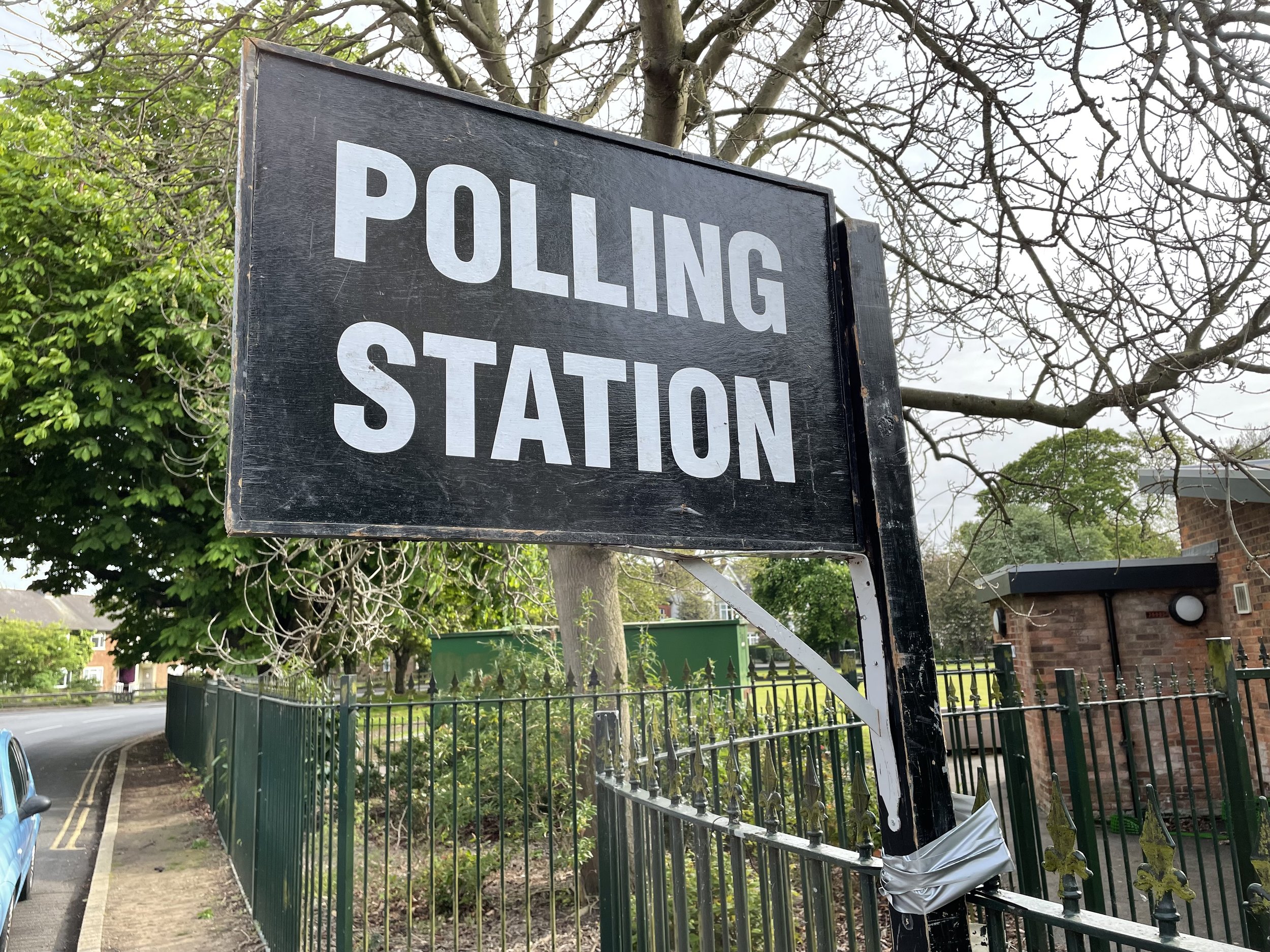Local Elections 2023: Five days left to apply for voter ID
‘ENHANCED CAPACITY’: Extra staff will be on hand in polling stations to resolve any issues around identity
By Simon Bristow
Voters without photo ID are being reminded they have just five days left to apply for a certificate allowing them to vote at next month’s Local Elections.
Photo ID is now required at all elections in the UK, and with the next round of Hull City Council elections taking place on May 4, anyone without an acceptable form of photo ID must apply for a Voter Authority Certificate by 5pm on Tuesday, April 5 to be able to cast their vote.
Ian Anderson, Director of Legal Services and Partnerships at Hull City Council, said: “If you don’t have a form of identity such as a passport or driving licence or one of the travel passes that qualify, and that’s mostly for older people, then it’s crucial that you get a voter identity certificate, because without that you will unfortunately not be able to vote, and what we don’t want to have is any situation where we have to turn people away at polling stations.
“Clearly it’s crucial that voters are not prevented from voting, that people have that right to exercise that mandate, and for our councillors, they don’t want to feel that the people in the city have been disenfranchised in any way whatsoever.”
The certificates are free and can be applied for online here. To assist anyone who would like to apply in person, the city council has staff able to help with the process at The Wilson Centre in Alfred Gelder Street, at the customer service desk in Central Library in Albion Street, and in community centres across the city.
Acceptable forms of voter ID include a passport, a photocard driving licence, a blue badge and some concessionary bus passes. A full list can be found here.
So far, the number of applications for the certificates appears to be low, and it is thought the need for them in Hull may be greater than in other areas.
‘IT’S CRUCIAL THAT PEOPLE EXERCISE THEIR RIGHT TO VOTE’: Ian Anderson, Director of Legal Services and Partnerships at Hull City Council
Asked about take-up figures, Mr Anderson told The Hull Story: “I think nationally it’s only of the order of 69,000. In Hull it’s in the hundreds – the figures earlier this week were in the hundreds – so it’s low.
“You’ve got to bear in mind that in this city, car ownership is relatively low compared to the national picture, and so one must assume that driving licence ownership is low as well, and passports I‘m sure will be relatively low, and so the normal forms of identity that people use, such as a passport or driving licence, will not necessarily be as available as in other areas of the country.
“And so that’s the difference, why I’m very keen to promote the opportunity to get voter identity certificates.”
To assist with any issues around identity that may arise in polling booths on May 4, the city council will slightly increase staffing, make inspectors available, and will also have women on hand should a voter be asked to remove a face covering, for example.
Mr Anderson said: “There are some differences this time around the potential need to confirm identity, so there is a slightly enhanced capacity and we have polling station inspectors available as well to help resolve any issues that may arise. I would hope that that would suffice.
“I think based on our knowledge of the city and voting patterns in the city we believe we’ve got an adequate staff base to deal with the issues that we’re likely to face.”
He added: “We have borne in mind the need to have women at polling stations, in each polling station, so that in the event that someone has a face covering and needs to show that face covering, a woman in that situation, for example, that can be accommodated easily.
“The adjustments we’ve made have been relatively minor but I think sufficient for the city.”
Mr Anderson also spoke about the importance of voting in local elections.
He said: “For most people engagement with their local council is probably more significant than their engagement with national politics, and what a local authority does in the community is very significant in terms of supporting the regeneration of the community, facilitating housing provision, dealing with planning, dealing with licensing issues, all these issues that touch people’s lives every day.
“Obviously, we provide a number of statutory services, those relating to children and adults, the facilitation of the engagement with schools, the highways management and the bridges management, all those things impact on people’s lives and the opportunity to influence that is available to every person when they cast their vote.
“Councillors in the city are very engaged with the community and do actively promote community issues, and if you want to be involved in things that impact on your community the obvious way to do that is to ensure you exercise your vote.
“I think it is crucial that people exercise their vote and support the ability of the council to speak on their behalf nationally as well, because when we have a low turnout that impacts on the perception, I think, of the city as well, whereas if there’s a good turnout it’s recognised that there’s that high level of engagement in a city and the important issues we want to promote on behalf of the city have that strength that the local politicians have a strong mandate from their community.
“So I don’t think it can be underestimated how important it is to vote in local elections.”



